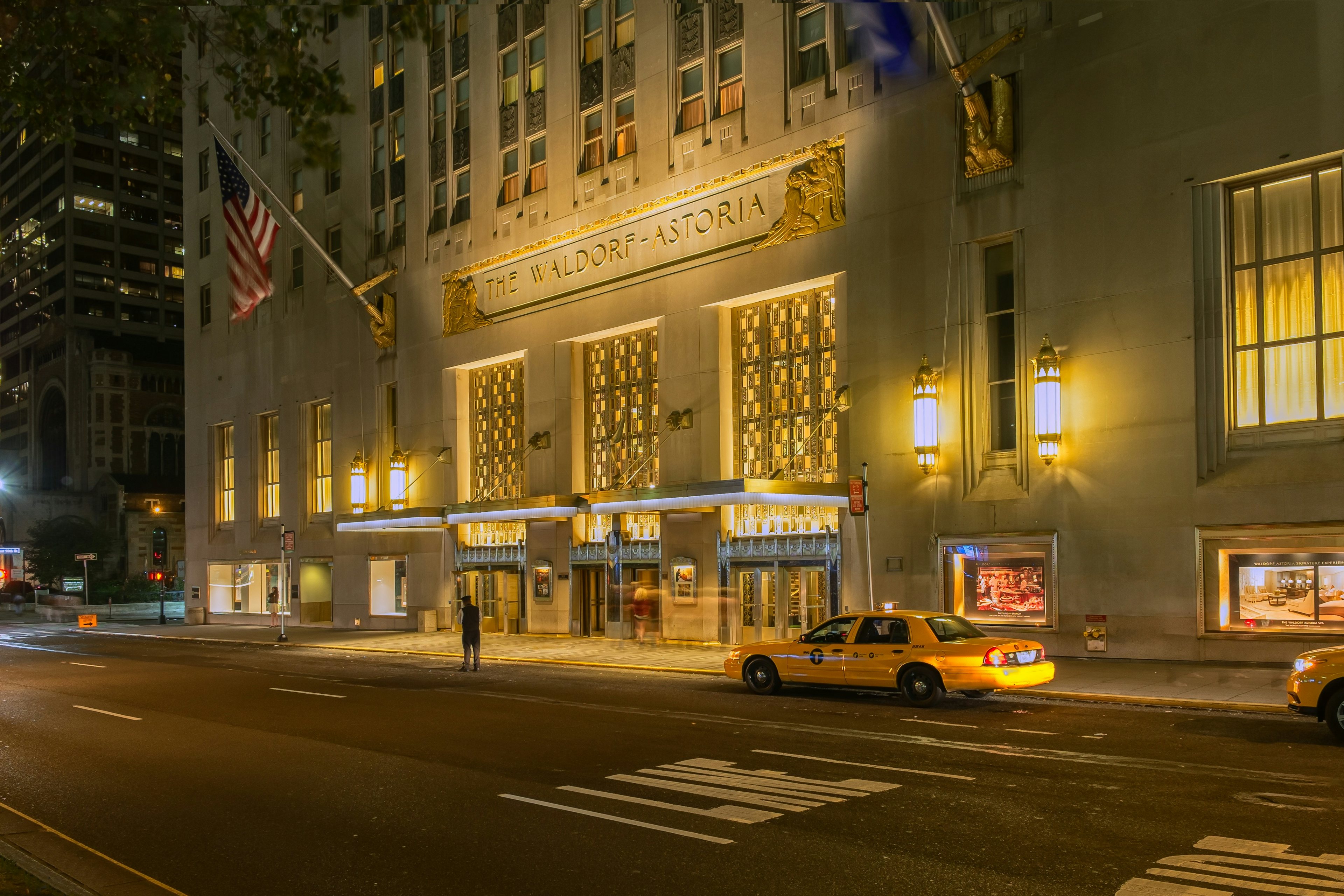China has been one of the most active players in the global merger and acquisition market in recent years, reflecting the country’s ongoing attempt to transform itself from an export-oriented nation to one driven by consumption. Major luxury companies have thus been increasingly favored by Chinese buyers for the values their brands can offer Chinese consumers.
Rating agency Standard & Poor’s anticipated a slowdown of China’s M&A activities in 2017 due to the recent government clampdown on capital flight. However, the consultancy firm Rhodium Group maintains the view that China’s “developed-economy bound” investment is poised to rise significantly by 2020.
Some of the more high-profile cross-border deals involve corporations like Anbang Insurance Group, Fosun International, and HNA Tourism, which have snapped up firms in the upscale hospitality and luxury real estate sector in Europe and the United States starting roughly from 2014, in line with the China’s bullish bet on the tourism industry. On the luxury and fashion front, Shandong-based textile company Ruyi Group and a Shenzhen-based clothing firm Ellassay, or Gelisi in Chinese pinyin, have been making significant acquisitions in recent years.
The following is a round-up of the 10 most significant deals in the luxury sector by Chinese companies after the 2008 financial crisis. Jing Daily highlights some of the latest developments that the acquired foreign firms having been making under the leadership of their new Chinese owners.
1. Anbang In#
surance Group - Waldorf Astoria NY & Strategic Hotels and Resorts#
The Beijing-based insurance company Anbang has indicated its avid interest in buying up high-end hotels in the last two years. After months of negotiations, it first struck a groundbreaking deal with Hilton Group in February 2015 to purchase the iconic Waldorf Astoria New York for $1.95 billion, officially setting foot in the U.S. market.
In September 2016, Anbang completed another deal with the Blackstone Group, acquiring Strategic Hotels and Resorts for $6.5 billion. The transaction made the insurer the owner of properties that included JW Marriott Essex House in New York and the Four Seasons in Washington D.C.
Waldorf Astoria New York recently officially closed its doors for renovations and plans to reopen in two to three years.
2. Fosun International - Club Méditerranée#
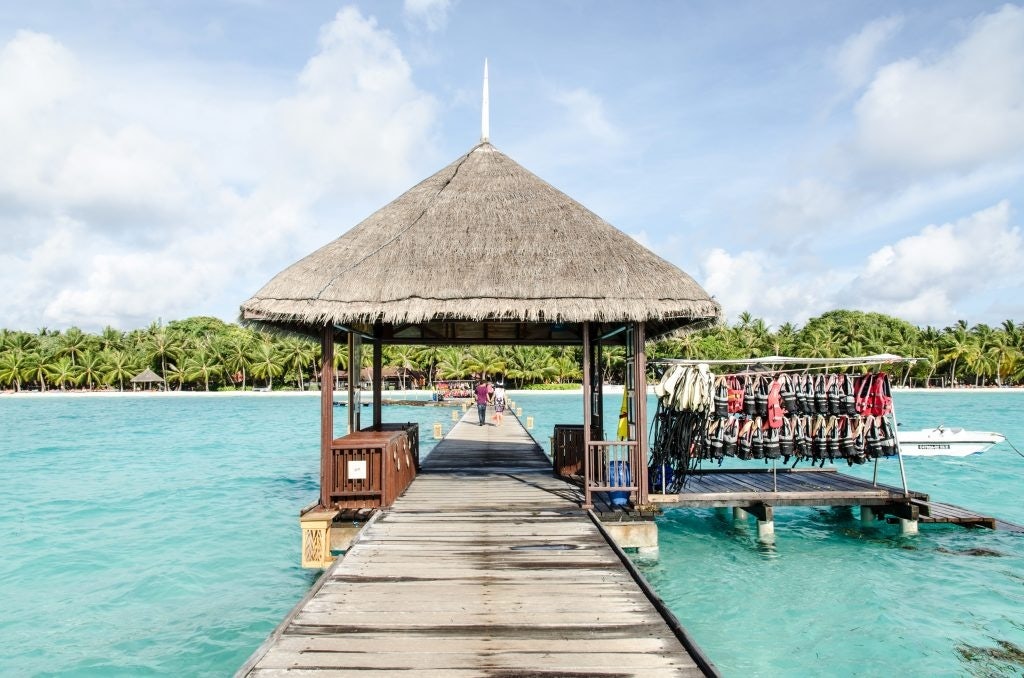
In a year-long battle with other interested stakeholders, the Shanghai-based, Hong Kong-listed Fosun International Group took control of the luxury resort company Club Med in January 2015 for 939 million euros. Fosun’s acquisition successfully helped Club Med expand to the booming Chinese market. The French company has opened resorts in China’s major tourism cities such as Sanya and Guilin. Its expansion will continue to speed up in the next couple of years, as the resort operator sees bright prospects in China’s luxury travel market.
3. Fosun International - Folli Follie Group#
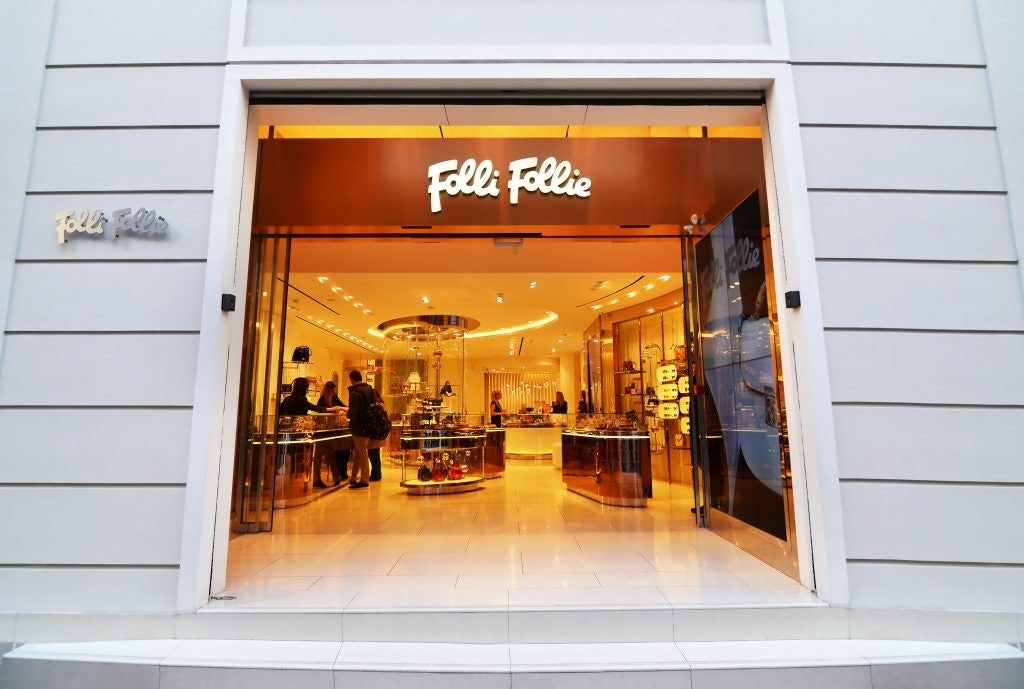
As early as May 2011, Fosun International acquired about a 9.5 percent stake in Folli Follie group, forming a strategic alliance with the Greek luxury company. Folli Follie Group owns luxury clothing and leather brand Folli Follie and jewelry brand Links of London. In a company statement published on Fosun’s official website, Fosun said the partnership will benefit Chinese consumers with access to high-quality fashion goods and will also help Folli Follie tap into the promising Chinese market.
4. HNA Tourism Group - Hilton Worldwide & Carlson Hotels#

China’s HNA Tourism Group is a leading force in the global travel industry, whose business units span from aviation and shipping, to finance and hospitality. Over the past year, HNA has aggressively snapped up large deals in the hospitality sector, in parallel with the group’s goal to become an international leader in the industry.
In October 2016, HNA Tourism Group first bought a 25 percent stake in Hilton Worldwide Holdings for $6.5 billion from the Blackstone Group. Later in December, it closed a deal with Carlson Hotels that kicked off in April of last year, becoming the sole owner of Carlson.
5. Shandong Ruyi Group - SMCP Group#
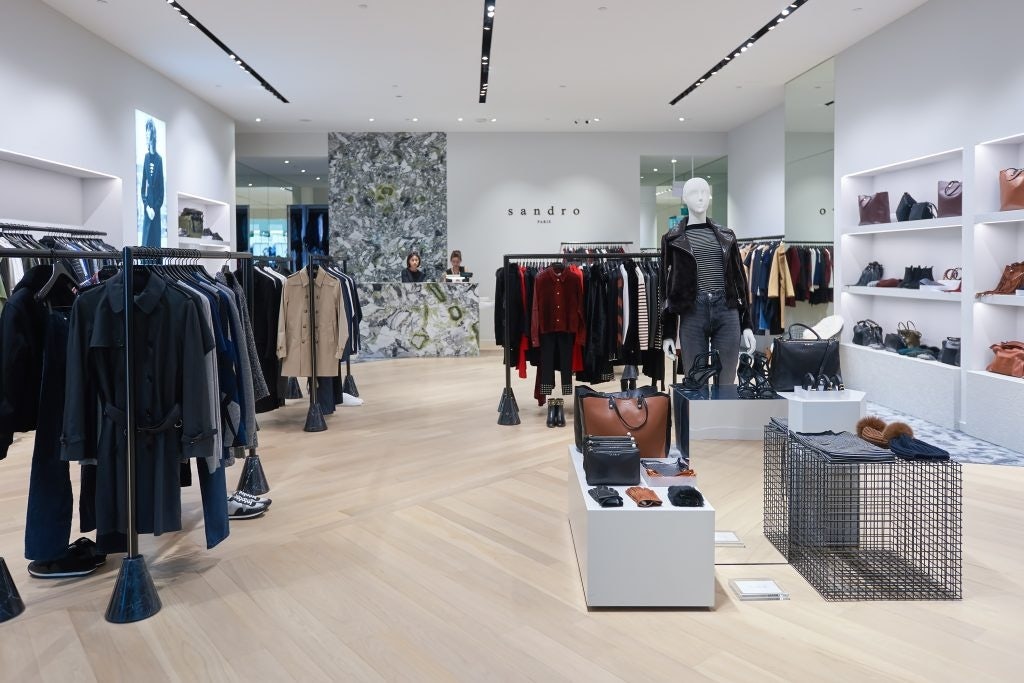
Ruyi Group, a Shandong-based textile firm that is relatively unknown to foreign dealers, purchased a controlling stake of French firm SMCP Group, which owns accessible luxury brands Maje, Sandro, and Claudie Pierlot. The amount of the March 2016 deal was undisclosed, but estimates put it close to 1.3 billion euros. According to a
report#
by Women’s Wear Daily in October, Maje, Sandro, and Claudie Pierlot had strong revenue growth in China around the time of Ruyi’s investment.
6. Shandong Ruyi Group - YGM Trading#
Earlier this month, Ruyi Group closed another deal with the Hong Kong-listed YGM Trading, which owned the British heritage brand Aquascutum, for $117 million.
7. Shenzhen Ellassay Fashion Co.Ltd - Ed Hardy and Laurel#
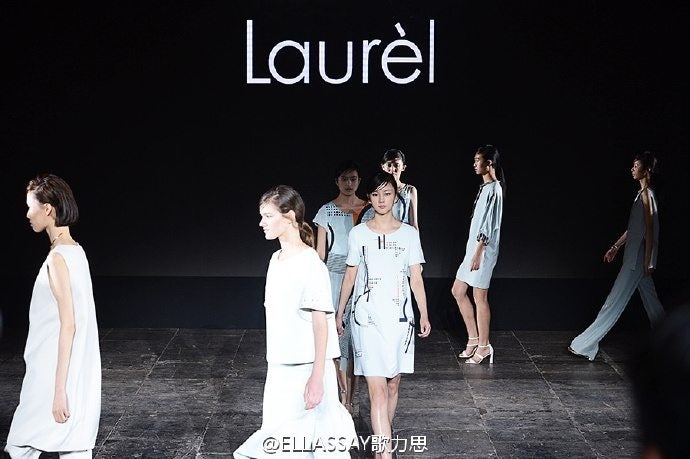
From late 2015 to early 2016, Shenzhen-based Ellasay Fashion Company purchased a stake in East Light International Investment Company, which managed the operation of German fashion brand Laurel and American brand Ed Hardy in China. The deal allowed Ellassay to take over Laurel and Ed Hardy’s Chinese operations and become a fashion clothing firm that owns several brands.
8. Shenzhen Ellassay Fashion Co.Ltd - IRO#
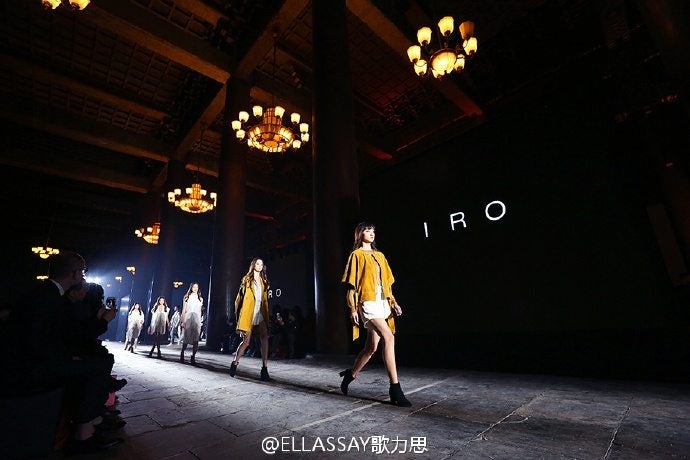
Following the previous efforts, Ellassay continued its aggressive expansion in 2017. Earlier this month, the company announced its purchase of a controlling stake in the parent company of French luxury brand IRO for RMB 790 million.
9. Gangtai Holding - Buccellati#
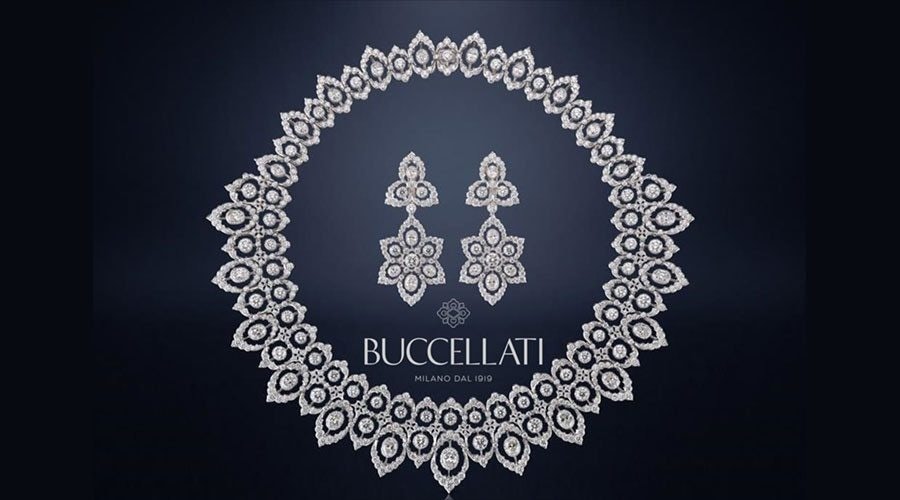
The high-end jewelry sector has also been keenly pursued by Chinese companies. In December 2016, the Italian premium jewelry brand Buccellati sold an 85 percent stake to Gangtai Group, a Chinese corporation in Gangsu Province. According to the information on the company’s official website, Gangtai is a Shanghai-listed company that specializes in jewelry and gold businesses in China.
10. Zhejiang Geely Holding Group - Volvo#
In 2010, the domestic Chinese company Geely's acquisition of the Swedish vehicle brand Volvo was considered a milestone for the global expansion into the automobile market by China. Geely bought a 100 percent stake of Volvo from its owner, Ford, for $1.3 billion.
Geely has supported Volvo's research and investment in new models, as well as backed its expansion into a premium auto market since the acquisition, according to a report by Reuters in 2016. Volvo recently worked with Geely in developing a new car brand named "Lynk & Co.", which is expected to hit the market later this year.
